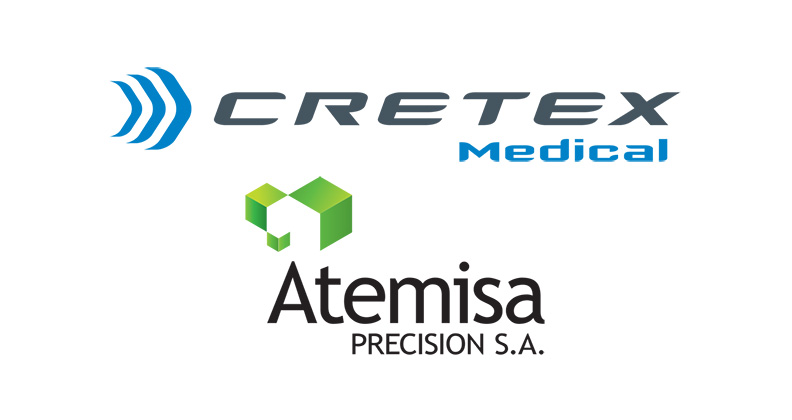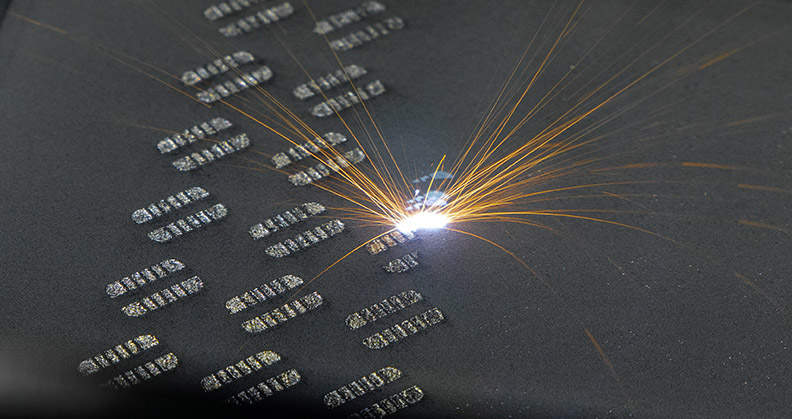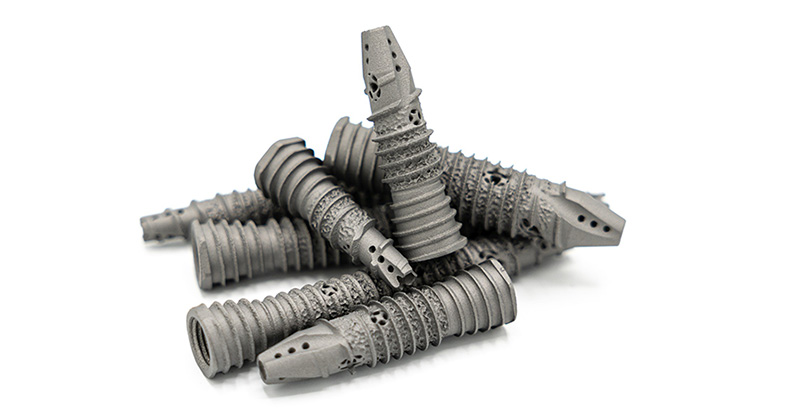
Invibio, the first company to sell implant-grade polyetheretherketone or PEEK, has agreed to settle Federal Trade Commission (FTC) charges that it violated antitrust law by using long-term, exclusive contracts to maintain a market monopoly.
The FTC’s complaint alleges that two other companies, Solvay Specialty Polymers and Evonik, entered the implant-grade PEEK market after Invibio, but Invibio’s anti-competitive tactics impeded them from effectively competing for customers. As a result, Invibio has managed to retain approximately 90 percent of PEEK sales worldwide.
With this settlement, Invibio will be barred from using long-term, exclusive contracts and will have to allow some customers to modify existing contracts.
In a press release, Invibio’s parent company, Victrex, is quoted as saying that the consent decree is clear that the company has not admitted any violations of any law. No penalties or fines were levied and there are no outstanding issues with the FTC, the release says.
According to the FTC, Invibio adopted an all-or-nothing negotiation strategy for its supply contracts that required medical device makers to agree to use only Invibio PEEK for all or nearly all of their PEEK-containing implantable devices. Through these exclusive contracting practices, the complaint alleges that Invibio has been able to maintain high prices for PEEK, despite market entry from Solvay and Evonik; to prevent its customers from using more than one source of supply, despite their business preference to do so; and to impede Solvay and Evonik from developing into fully effective competitors. Invibio is also required to establish an antitrust compliance program for their employees and officers.
Source: FTC




